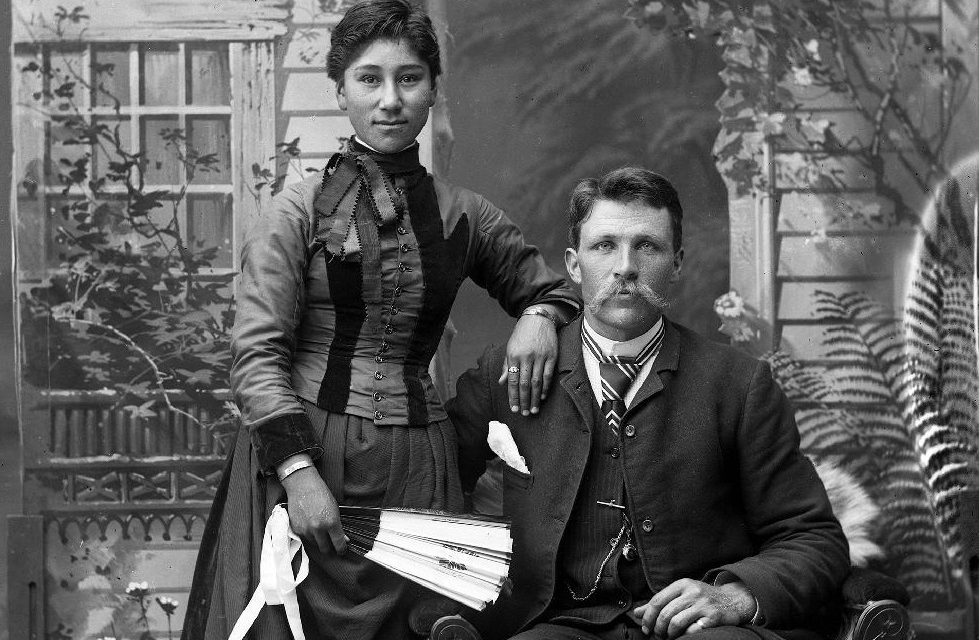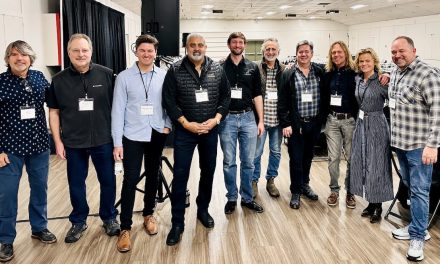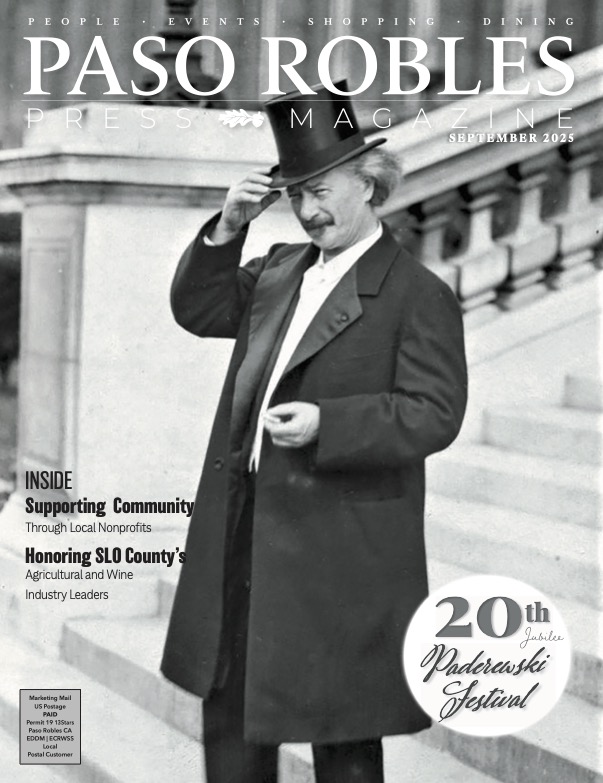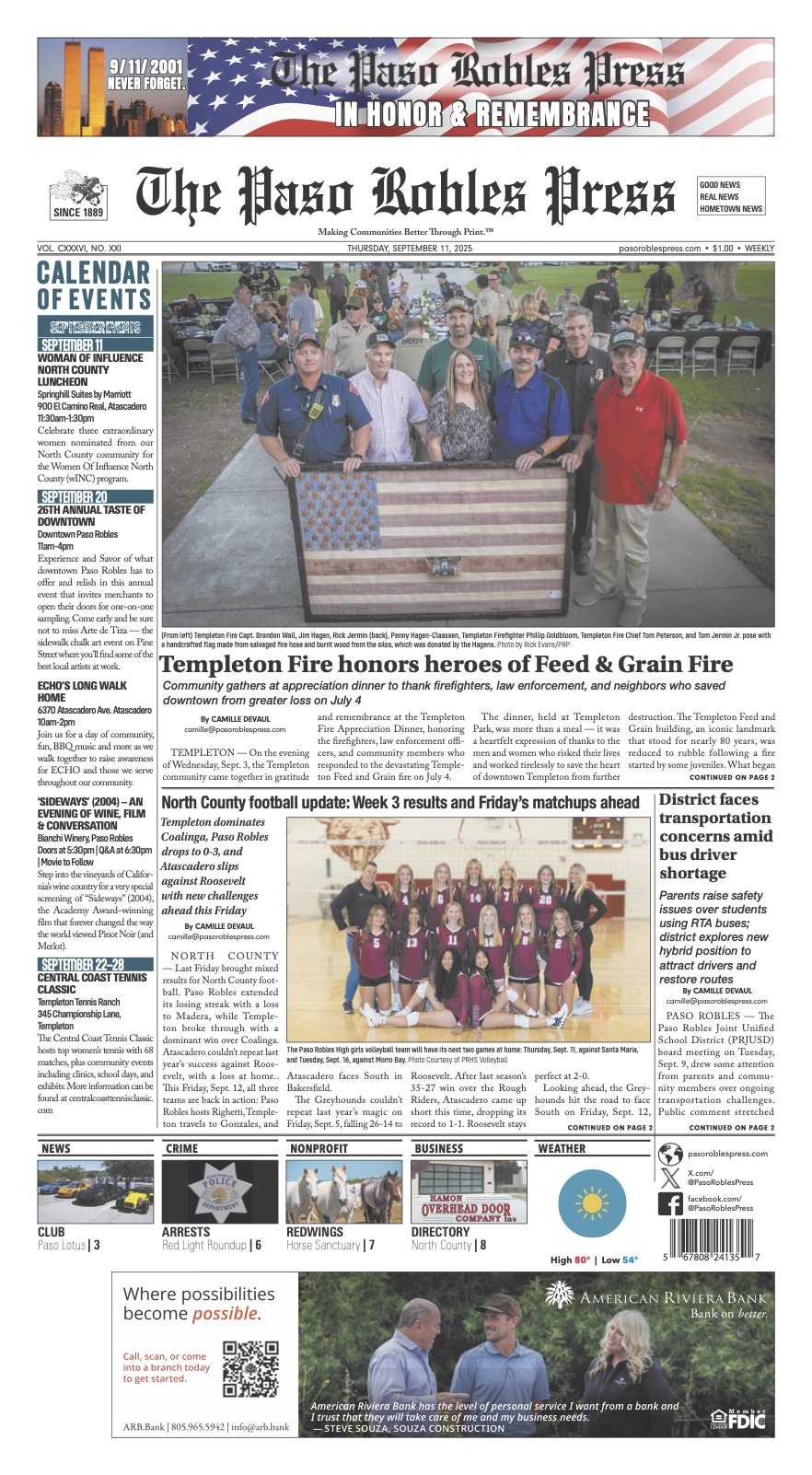By the Paso Robles Area Historical Society and Museum
In 2011, the El Paso de Robles Area Historical Society received over 1,400 19th-century glass plate photographic negatives. The collection, the work of photographer Richard J. Arnold, was presented to the Historical Society by Jacqueline D. Marie in memory of Randal Gene Young. In April of 2012 Brother Lawrence Scrivani. S.M., then archivist for the Cooper Molera Adobe in Monterey, California, came to Paso Robles to instruct Historical Society volunteers in the proper methods for cleaning, preserving, storing and cataloging the glass plate negative collection. A group of dedicated volunteers then set to work in the basement office of the Carnegie Library to clean and catalog the negatives, which had been stored in less-than-ideal conditions for many years. The preservation project took over two years to complete.
In December 2012, Anthony Lepore, Master of Fine Arts, Yale University, came to Paso Robles and spent several days going through the negatives, carefully making the selections that would become the basis for the Historical Society’sfirst exhibit “SHARED HISTORIES: R.J. Arnold’s Portraits of the Central Coast.” The fragile glass plate negatives were scanned in high resolution allowing the production of large prints. At the time of their creation these negatives would only have been printed at their actual size (5” x 8”). Current technology allows an even deeper look into these astonishing portraits. The collection of photographs also points to the diversity of native and immigrant cultures prevalent in San Luis Obispo County during the second half of the 19th Century.
Through the years the identities of the individuals pictured in the exhibit have been lost leaving us to speculate about their personal stories and what life was like in this area over 135 years ago.
Many of the original glass plate negatives were damaged or in poor condition when received. The decision was made to print the photographs for the exhibit with these imperfections as they represent the current state of the plates and allowsthe viewer to experience them in their proper historical context.
Richard J. Arnold was born in England on June 28, 1856, and died in Monterey, California on May 19, 1929. Arnold had photographic studios in several areas of Central California in addition to San Luis Obispo, including Monterey, Santa Barbara, and Alameda.
Arnold’s most significant contribution to early California photography was his choice to photograph all sorts of people, not limiting his subjects to paying clients. While most commercial photographers at the time photographed the wealthy and elite on commission, Arnold did not limit the diversity of his subjects based on their financial means. He created one of the largest and earliest portraits of the early Latino community in California. While he took commissions and ran a successful studio he was endlessly drawn to all types of people and his body of work presents a prescient vision of California’s cultural diversity. What also makes his photographs so important and timeless is the empathy with whichhe connects to his sitters. There is an openness in their gaze and an ease in their gesture.
The original prints that Arnold produced during his lifetime would have been cropped into the traditional Victorian oval, or printed as Cabinet Cards, both of which were highly favored at the time and tended to focus on faces and torsos. In this exhibition the full plates have been printed, revealing the surprises and details of Arnold’s photographic process and giving the viewer a glimpse into his studio.
At the Paso Robles History Museum, on Friday, August 16, the El Paso de Robles Area Historical Society will feature a program on Richard J. Arnold and his portrait collection. Anthony Lepore, who was instrumental in promoting the restoration and exhibition of Arnold’s prints, will be presenting the program. In addition to creating his own fine art photography, Lepore teaches photography at several colleges in Southern California. He frequently includes the work of R.J. Arnold in his lecture series, and was featured in a video with Britt Salveson, department head and curator of photography for the Los Angeles County Museum of Art, in which Arnolds’ work was shown and discussed. The video can be viewed on the Historical Society’s website pasorobleshistorymuseum.org
With the historical program, there will be wine tasting by Vinyl Vineyards and charcuterie by Jen Fox. Seating is very limited, and reservations are required. For reservations email the Historical Society at pasohistory1@gmail.com
PASO ROBLES PRESS MAGAZINE
Copies of Paso Robles Press Magazine are directly delivered to 23,000 readers in zip codes 93446, 93451, and 93465 and 2,000 dropped with support from advertisers and subscribers. Together, we are Making Communities Better Through Print.™
To subscribe or advertise, click here.













